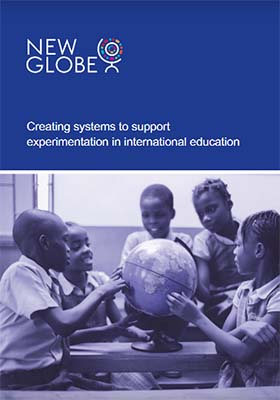Abstract
Educational organisations rely increasingly on digital platforms and learning technologies to deliverquality education. As a result, randomised A/B testing has become a viable pathway for internal innovation in addition to its traditional role in academic research and more formal evaluations. Several prominent education technology organisations already rely on A/B testing to improve the quality and reach of their product. But educational providers have not yet embraced A/B testing as a mechanism through which they can hone and improve instruction in classrooms. This paper outlines a new, innovative methodology to conduct randomised A/B testing across schools operated by Bridge International Academies.
This platform relies on digital dissemination of learning materials and teacher-driven assessment and data entry in order to execute and evaluate new interventions in the classroom. After describing the process itself, this paper briefly discusses a case study in which this platform is being used to evaluate a leveled reading approach in Lagos and Osun States, Nigeria.
Finally, the paper concludes with a discussion of the unique elements of this platform, the implications for instructional quality at Bridge, and the lateral influence that these evaluations could have on other educational providers, schools, teachers, and researchers.
